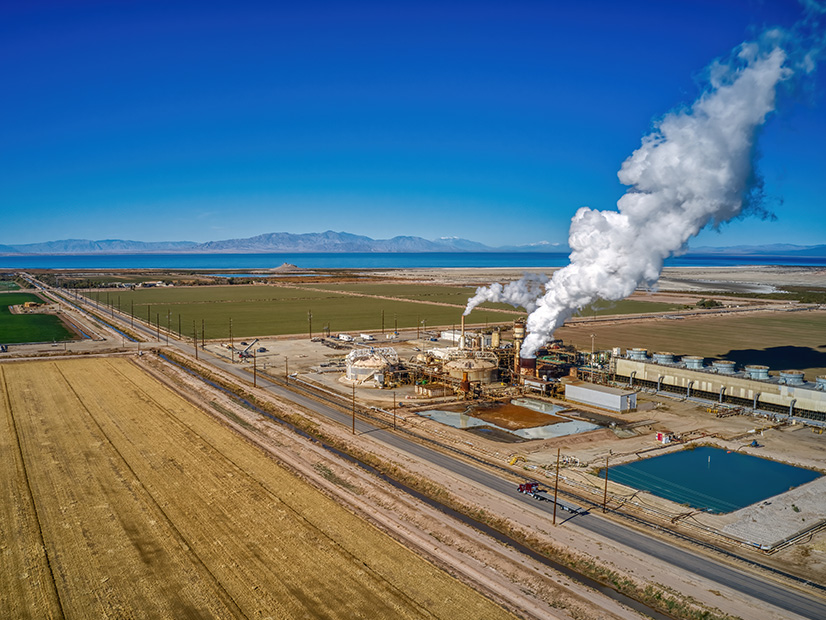
p.p1 {margin: 0.0px 0.0px 0.0px 0.0px; font: 11.0px ‘Helvetica Neue’; color: #000000}
SACRAMENTO — Legislative leaders in California proposed a budget plan Wednesday that differs from Gov. Gavin Newsom’s proposal on how to spend $21 billion on climate and energy initiatives.
The legislature proposed appropriating $21 billion for climate and energy efforts to the state’s general fund, with spending details to be worked out later.
In contrast, the governor’s revised budget, released in May, proposed spending $32 billion on climate and energy — up $9.5 billion from his $22.5 billion January proposal — with almost all of it allocated to specific programs. (See Calif. Governor Proposes $5B ‘Reliability Reserve’.) The legislature’s full budget includes about $10 billion of that, including a $9.1 billion transportation infrastructure package, but allocates it separately from the climate and energy initiatives.
According to a summary of the legislature’s proposal, the $21 billion could fund projects related to drought and wildfire resilience, extreme heat and zero-emission vehicles, among other matters. But without specific allocations in place, each category’s funding level is uncertain.
California expects to have a record $97.5 billion revenue surplus in fiscal year 2022/23, and lawmakers want to return part of those funds to residents, including $8 billion to offset the rising costs of gas and consumer goods.
“The legislature has come together on a budget agreement that will truly put California’s wealth to work for all,” said State Sen. Nancy Skinner, chair of the Senate Budget and Fiscal Review Committee. Skinner is noted for her work on energy and climate change.
A 2010 state constitutional amendment requires lawmakers to pass a budget plan by June 15 or have their pay docked. That has resulted in placeholder budgets with contentious issues left for further negotiation between the governor and legislature.
Programs that would be put on hold for now under the legislative plan include the governor’s proposal to spend $250 million to support strategic clean energy projects such as building new transmission lines to connect CAISO’s grid to geothermal resources near the Salton Sea.
The legislature would also defer allocating $6.1 billion to accelerate the adoption of ZEVs, $5.2 billion for a 5-GW strategic reliability reserve and $1.2 billion for wildfire and forest resilience. (See Calif. Governor Proposes Spending $10B on EVs.)
Smaller items, such as $45 million to promote offshore wind, would also be postponed pending additional negotiations, which both sides hope to conclude before the start of the fiscal year on July 1.


